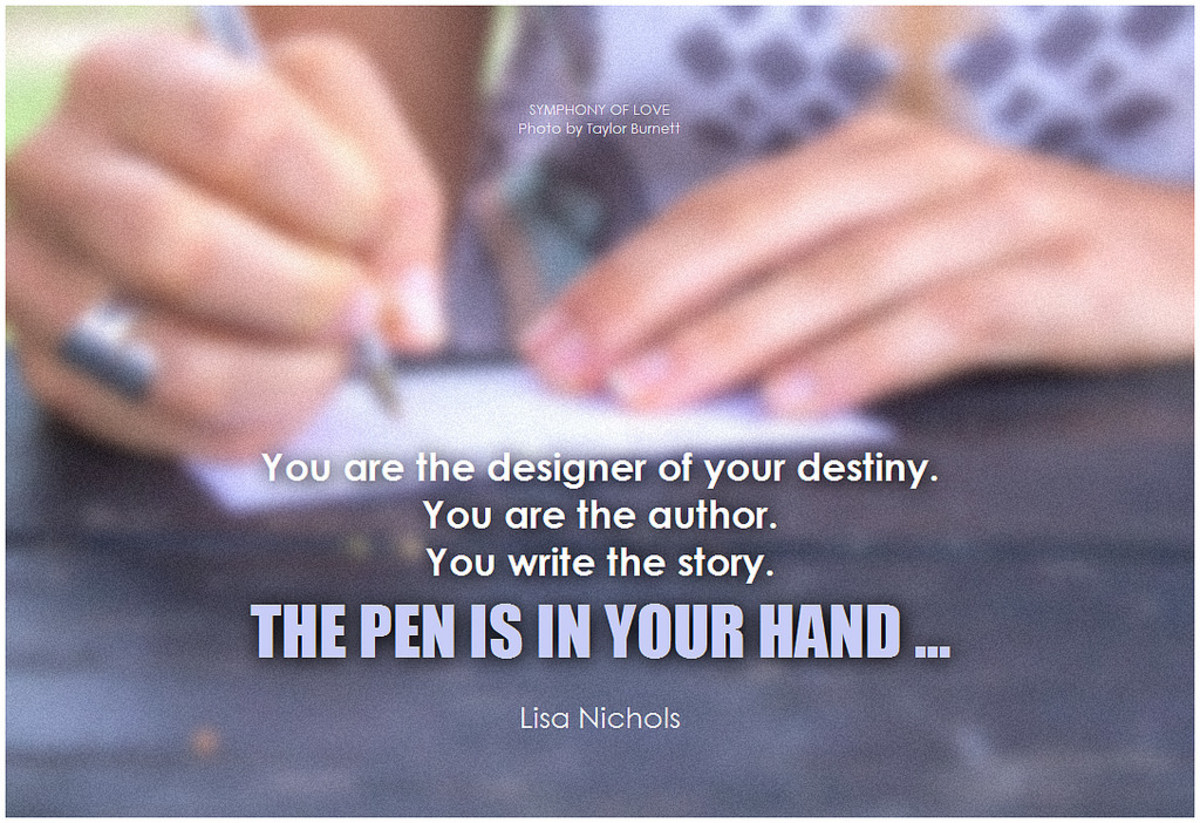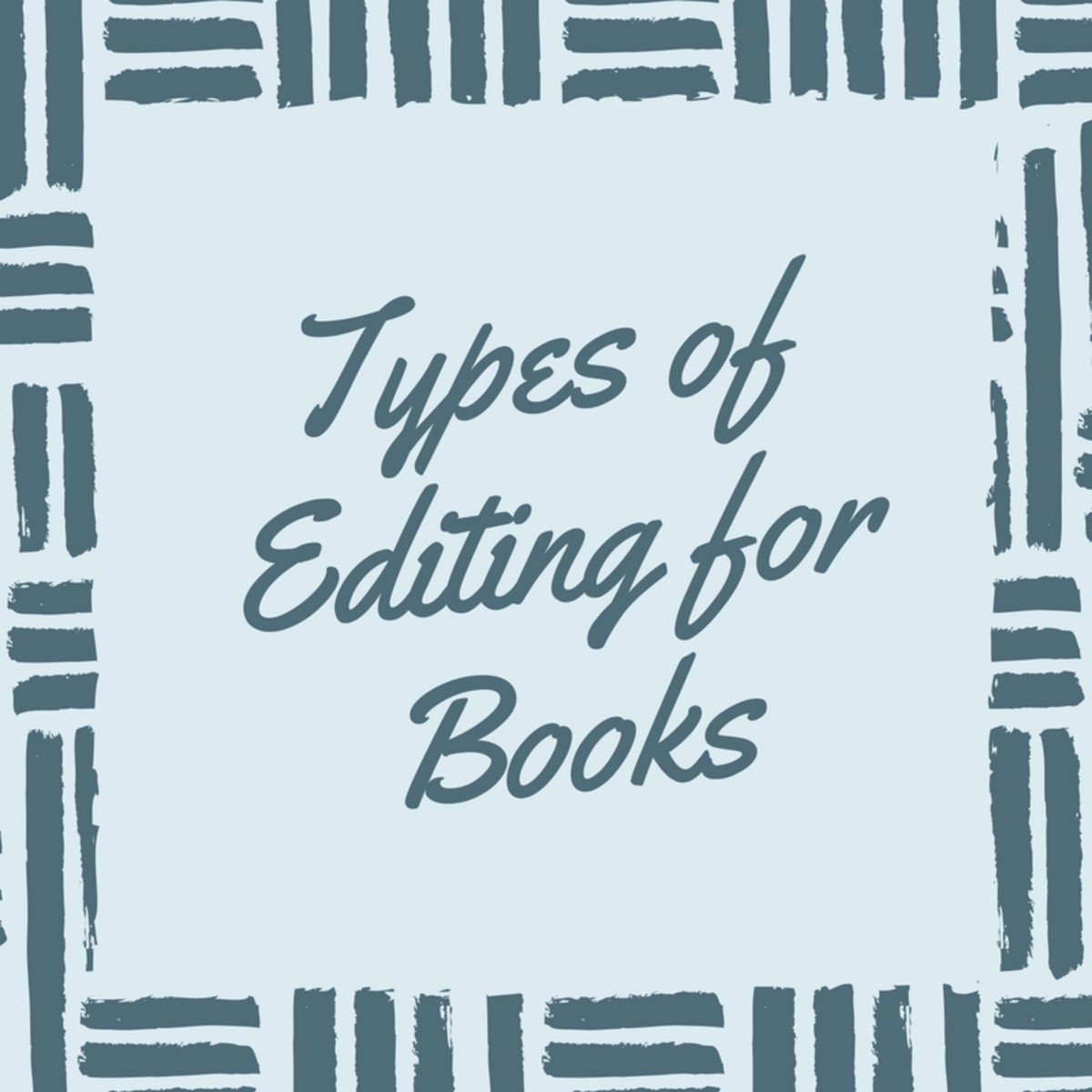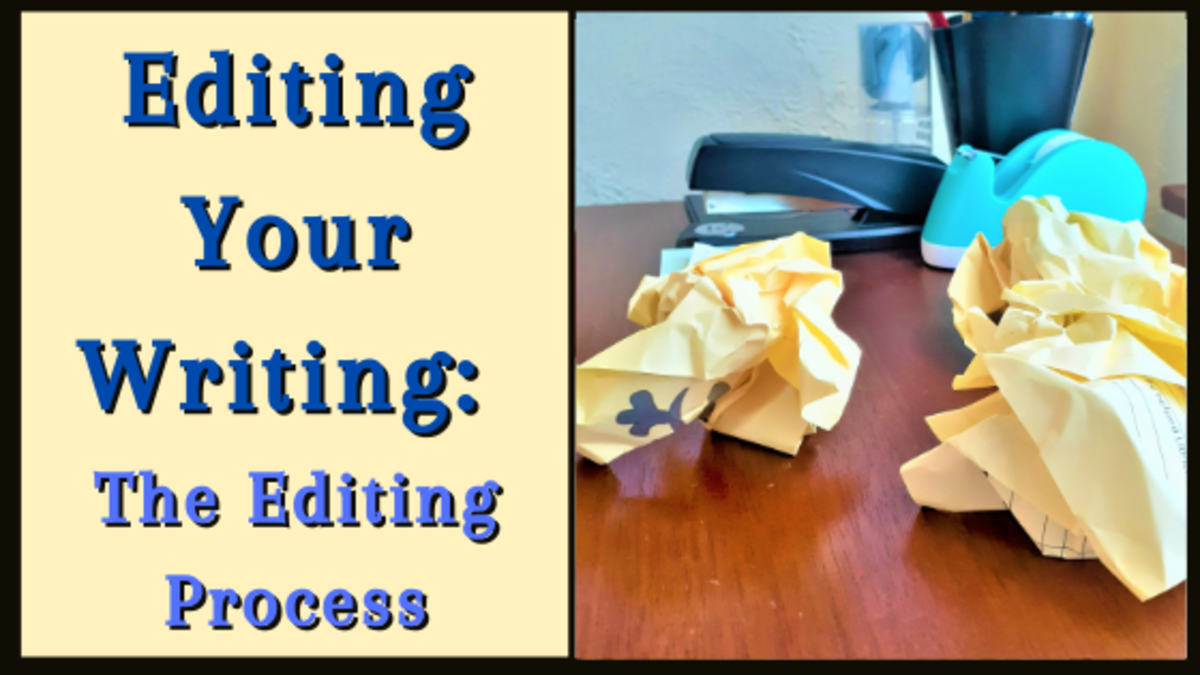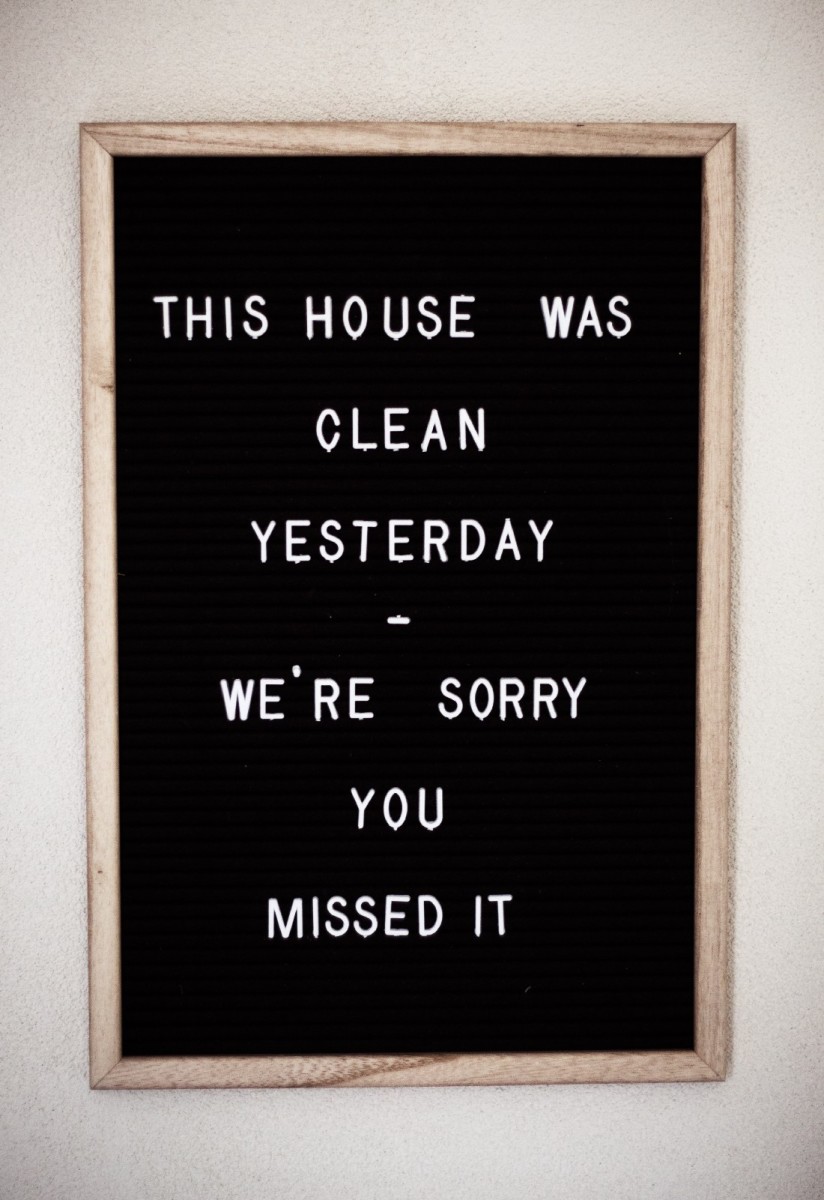Book Review: Self-editing For Fiction Writers
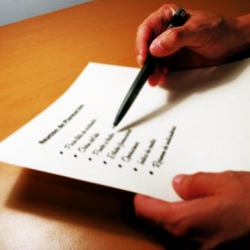
Self-editing for Fiction Writers - Paperback

By Renni Browne and Dave King
The road to self publishing isn't necessarily paved with gemstones and gold or platinum. Authors choosing self publishing have a lot of work to do along the way. Being one such dabbler in the writing arts, I have found out just how much there is to do before a book can be published. One of the chief complaints from readers of self published work is poor editing. Though I have used the services of a good editor, I also try to produce as clean a copy as I'm capable of doing beforehand. Editing is my weakest skill when it comes to writing. I can stare at an error repeatedly and miss it entirely each time.
This very useful book (and I recommend it highly) addresses the different paces of editing through which a book should be put. It's not sufficient to check for spelling errors. With spell check, this would be too easy anyway. There are exercises and examples which make acquiring a better set of editing skills more doable. Oddly enough, today's publishing houses don't put as much effort into editing a book as they may have ten or twenty years ago. Many times a book is published as received with little attention from a professional editor. It's in the best interest of both the written work and the author to have their books edited by a professional (if they don't do so themselves) before submitting it for consideration for publication. The tips and information provided herein are also pertinent to fiction writing rather than nonfiction. There may be some crossover but keep in mind there is a difference in approach which should be taken into consideration.
What this book does is teach editing as would be done by a professional editor. If you were to look at writing as a craft in its own right and editing another craft closely related to writing, you'd be on the road to understanding just what the authors intend to do here. They won't be teaching the mechanics of the writing craft but rather the skills needed for editing. The one caveat from the book I'll share with you is, "... writing and editing are two different processes requiring two different mindsets. Don't try to do both at once."
Self-editing For Fiction Writers is available in paperback, Nook and Kindle formats.

Other Tips For Self Editing
Things I've Picked Up Along the Way
- Alpha and beta readers are your first and second line readers. They will see things you, the writer, may miss. They also can point out things that work and don't work. Your alpha readers are your friends and family members who, though they aren't writers themselves, are readers and know what they like and don't like. They don't have to be able to point out grammar and other mechanical errors. Your beta are a group of readers you select who are also writers in one venue or another. They will not only be able to tell you what works and what doesn't, but also catch mechanical and structural errors. Not all of your beta readers have to be writers, but the majority in this group should be. A writers group makes for a good beta group.
- Edit from the back page and last word.A technique I have used previously which is extremely helpful is to start reading the manuscript from the last page and last word working forward. I later found that other writers employ this method of editing, so I knew I was doing something right. (NOTE: I recently edited a short story and fell back on this technique for the revision process. After reading through the story from the beginning twice, I started with the last sentence and read each sentence one at a time, progressing in reverse order. I found quite a few things I'd missed. Next, I'll start with the last word and read each word one at a time, progressing in reverse order.)
- Note added 05/29/14
- Share your working idea with either your beta or alpha group members to get a feel for what they think of the idea. This shouldn't include feedback in the way of grammar and editing mistakes or things along those lines. This information will provide an idea of where to tread and how to proceed with the idea as you flesh it out. Even if the feedback is negative, don't let it stop you from writing your story. Use it rather as a map of sorts as you navigate its terrain.
- Employ a mentor,someone whose feedback you really respect for quality and expertise. I was fortunate to find such a mentor early on. It made a tremendous difference in how I approached writing. I'm ever grateful for that experience. It just so happened as I was soliciting readers for my book that this person volunteered and was a reliable resource for information as I broke into writing. She provided the right balance of encouragement and caveats as I starting climbing the learning curve of writing and self-publishing. One thing I recommend you not do is become a pest to get people to read your book. Post general invites in your facebook or other social media requesting feedback on your book. Offer to return the favor. Keep in mind many people are busy and have other writing and reading obligations so they may not be able to put your book on the top of the pile, so to speak. Even though initially you might ask for a time frame for them to be done, ask what their reading load is, but don't, DON'T pester them to get it done quickly or for a commitment as to when they'll be done. Also, offer to return the favor for one of their books or stories.
- Find one or more writers groups to participate in. There are virtual and live group options. These are the people who will be with you through the writing of the book and can provide information from a variety of experience and skill levels. Remember, the group experience works best if you contribute in kind.


Other Writing Resources to Consider - Learning and Re-Learning the Craft
One has to start somewhere to learn something new. The beginning usually works best. For me, I like to imagine the playing board to have squares which need to be filled in. Each new body of information I acquire fills one square. When it comes to writing it would seem the perimeter is forever being increased by one more row or column of squares, so I guess one can never know it all when it comes to writing. I suspect that when I can really say I'm a fully seasoned writer, I'll look back and find some of the squares have become less distinct in my mind, thus requiring that I go back and reacquaint myself with the information therein. Have you heard of your never ending battles?
The Write Great Fiction series is quite good. I recommend it highly. Though I've provided a link to the complete set on CD, the books themselves are available in Nook, Kindle and Paperback formats.

Do you write?
If you write, do you self edit?



The Value of Knowing How to Self Edit
Even if you don't do your own editing, it's good to know how it's done.
Browne and King do a bang up job in this book. Even if you don't do your own editing, how will you know if your professional editor is doing it right (besides their fee)? When I got my first car, a 1966 Chevy Nova II, I decided to learn how to change my own oil, replace filters and a few other basic tasks. I also read information on how to do a tune-up. Did I do my own tune-ups? No. But, I knew how to tell if the mechanic had done the job right. Also, in those days, less ethical mechanics would take advantage of a woman when providing service. I didn't encounter this problem because not only did I make it clear I could do it myself if I had to, I also sent the message that I knew how to tell if they did it right. Learn how to edit your work passably well. This way, your editor will always know you value the quality of their editing so they will always do a great job. This also establishes the boundaries of trust between you and your editor as well.
If you're looking for a great virtual writer's group, I recommend Scribophile.
Did you benefit from this lens?
© 2014 Tanya Jones

